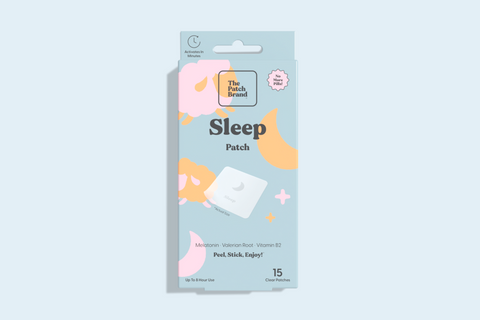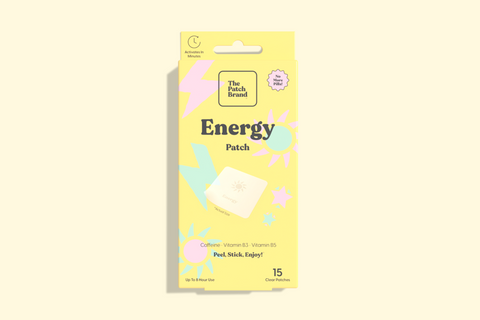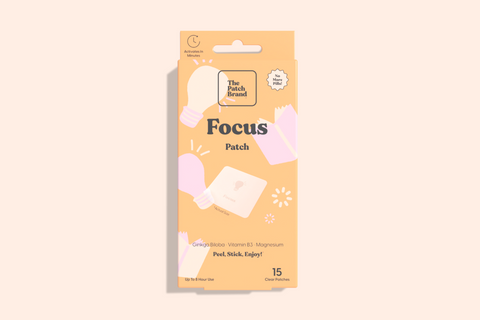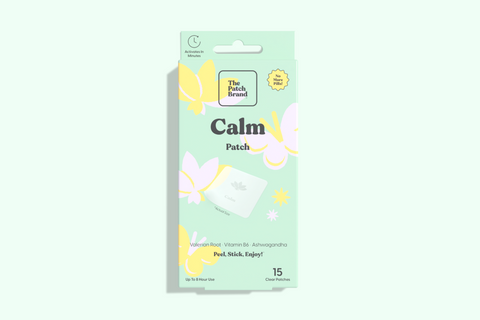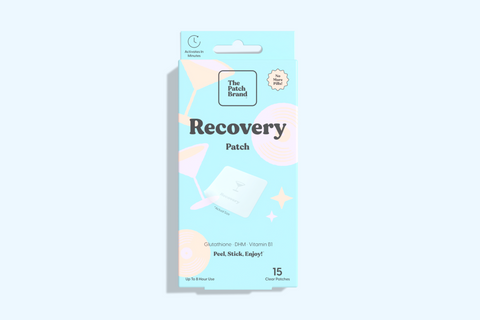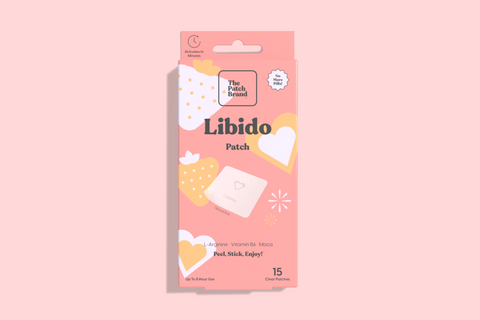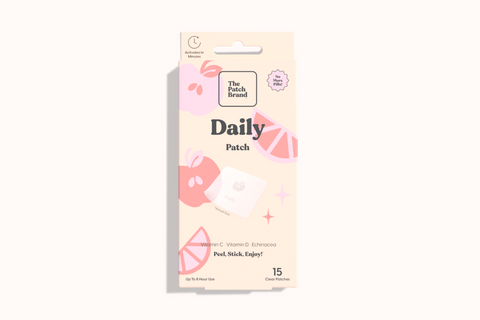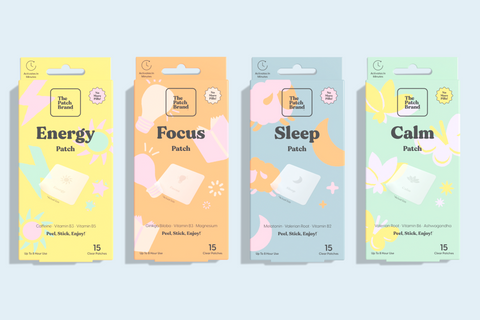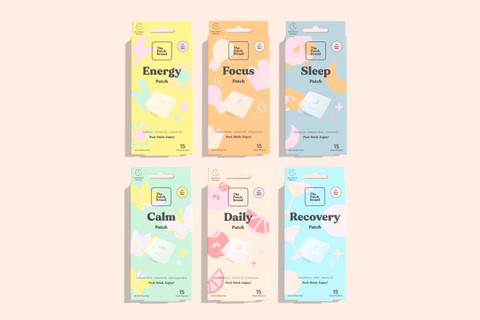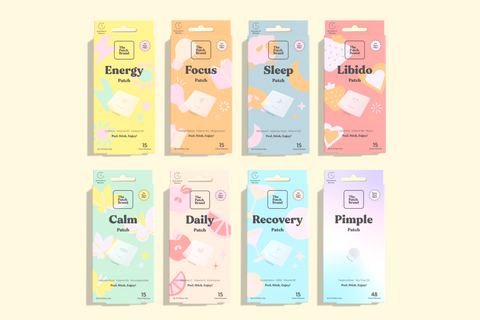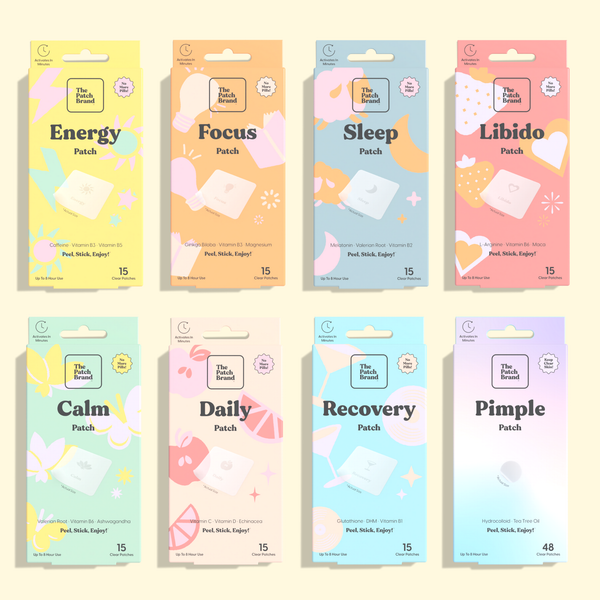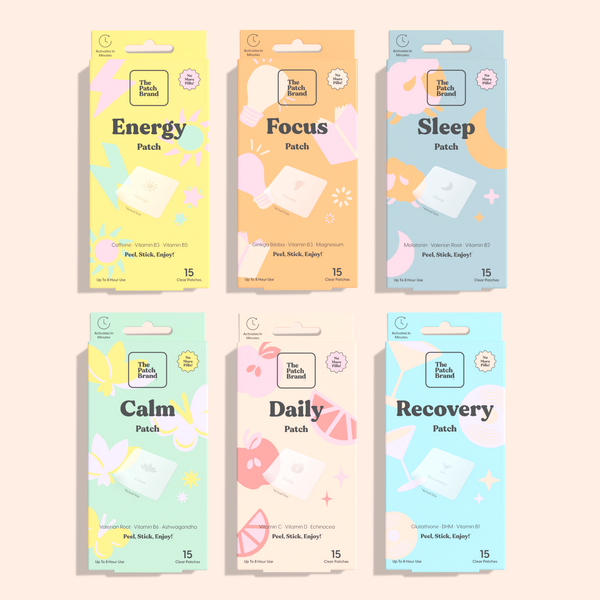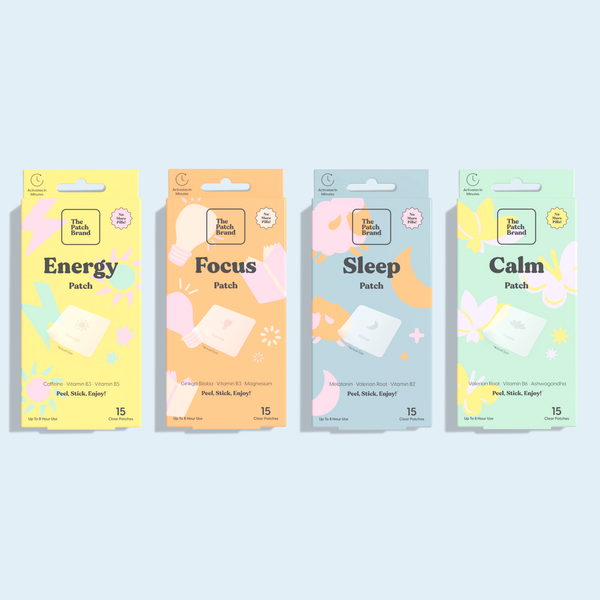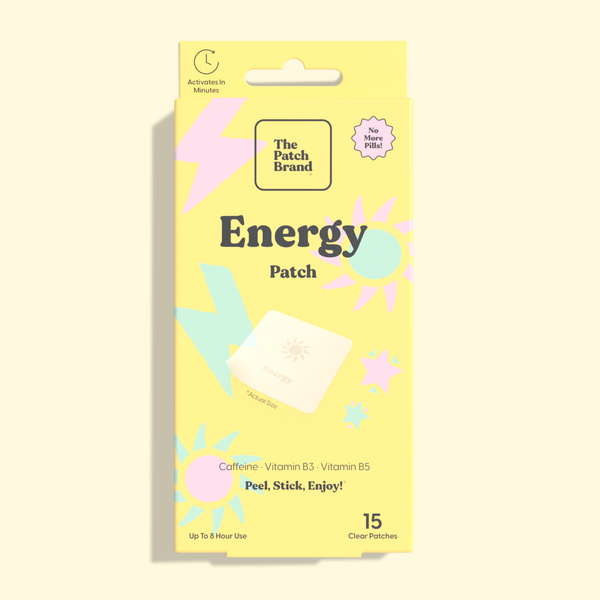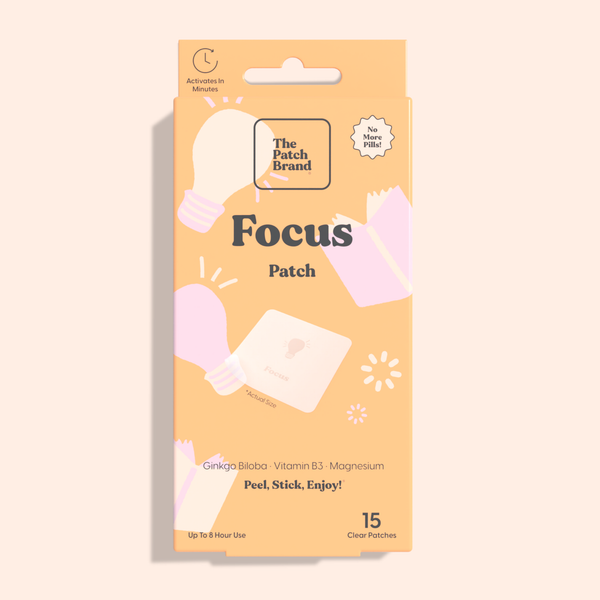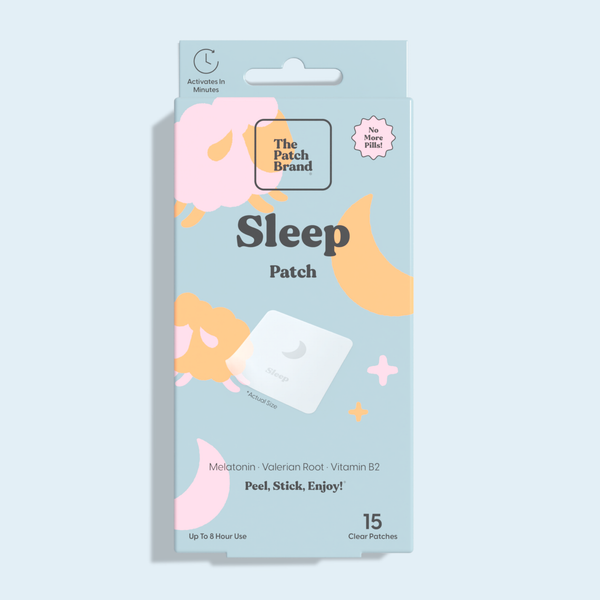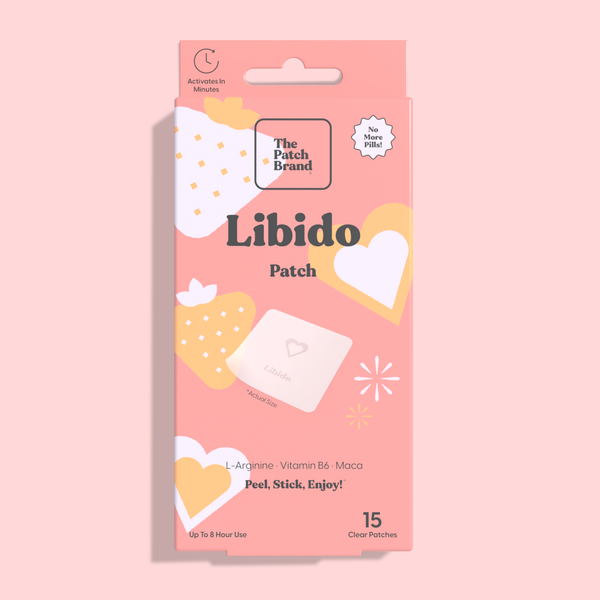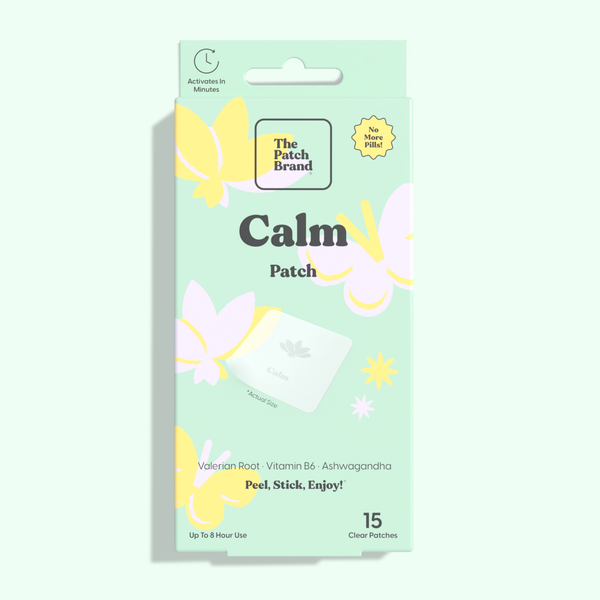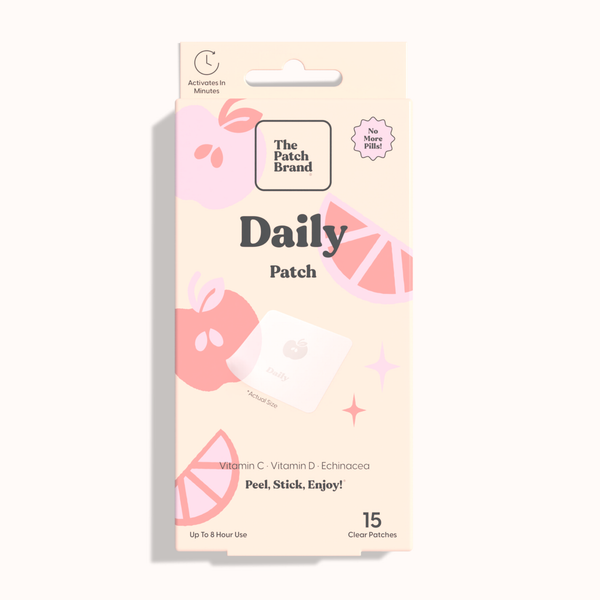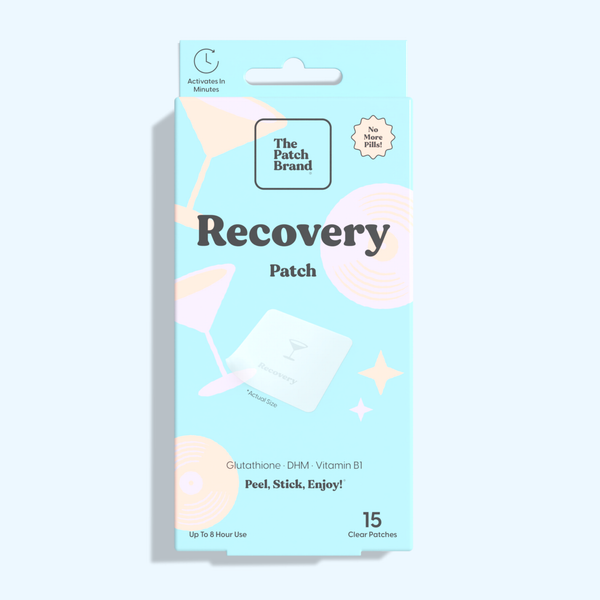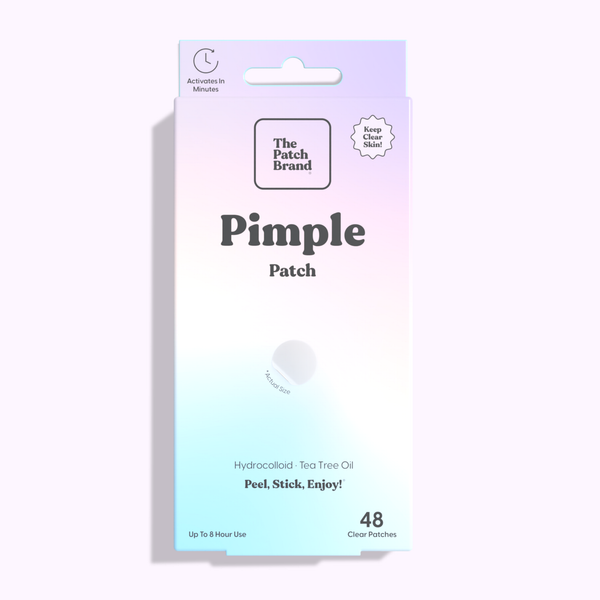Can vitamin & mineral supplements give you energy?
There is no scientific evidence to support the claim that vitamin and mineral supplements can give you energy. In fact, most experts believe that if you're taking vitamin and mineral supplements in addition to a healthy diet, you're probably getting all of the nutrients your body needs and don't need any extra supplementation. However, there are a few exceptions: people who are deficient in certain vitamins and minerals (such as vitamin B12 or iron) may benefit from supplements.
Can vitamin & mineral supplements reduce stress?

There is some evidence to suggest that vitamin and mineral supplements can reduce stress. For example, studies have shown that vitamin B12 and magnesium may help to relieve tension and anxiety. However, more research is needed in this area. If you're feeling stressed out, it may be worth trying a vitamin or mineral supplement that has been shown to reduce stress levels. Just make sure to talk to your doctor before starting any new supplements.
Why are vitamins and minerals important?
You need a variety of vitamins and minerals for good health. They play a vital role in many of your body’s processes, including metabolism, immunity, and cell repair. They also help keep your bones, teeth, and muscles healthy.
What are the best sources of vitamins and minerals?
The best sources of vitamins and minerals are fresh fruits and vegetables, whole grains, low-fat dairy products, lean protein sources, and nuts and seeds. These foods are packed with nutrients that are essential for good health, and they can help you get the recommended daily amounts of each nutrient.

What are the signs of vitamin and mineral deficiency?
The signs of vitamin and mineral deficiency vary depending on the specific nutrient, but can include fatigue, muscle weakness, bone loss, mood changes, and poor immunity. If you think you may be deficient in a particular nutrient, it is important to see your doctor for testing and to discuss treatment options.
What are B Vitamins?
Vitamin B is a group of eight vitamins that are found naturally in certain foods. Vitamin B helps the body to function properly and has many health benefits, including improved immune system function and better sleep. Vitamin B also plays an important role in metabolism, which supports weight loss.
What Foods Have Vitamin E?
Vitamin E is found in a variety of foods, such as vegetable oils, nuts, seeds, wheat germ and leafy green vegetables. You can also get Vitamin E from supplements. Aside from that, Vitamin E is also used as a preservative in many processed foods. These foods are margarine, salad dressings and cereal.
What is melatonin?
Melatonin is a hormone that is produced by the pineal gland in the brain. It helps to regulate our sleep-wake cycle and plays an important role in regulating mood, energy levels, and body temperature. Melatonin supplements have been shown to be an effective treatment for insomnia, jet lag, and other sleep problems.
How Much Caffeine is in Green Tea?
The caffeine content of green tea varies depending on the type of green tea leaf and the brewing method. However, most green teas contain between 25 and 50 mg of caffeine per cup. It's important to note that caffeine levels can vary significantly from cup to cup.
What is Valerian Root?
Valerian root has been used for centuries to treat a variety of ailments. It grows in both North America and Europe, but most of the world's supply comes from Eastern European countries like Poland and Hungary. The plant gets its name because it smells like valerian (which is also known as garden heliotrope). In fact, the plant was used as a perfume ingredient in ancient Rome.
What Does Valerian Root Do?
Valerian root is a natural herb that has been used for centuries to treat a variety of conditions, including anxiety and insomnia. Valerian root is thought to work by increasing levels of GABA, a neurotransmitter that helps to calm the brain.
What Is The Best Way To Get Vitamin D?
The best way to get vitamin D is by exposing your skin to sunlight. However, not everyone can get enough vitamin D from the sun, which is why many people take vitamin D supplements. Vitamin D is also found in some foods, such as fatty fish and egg yolks.
What Are The Symptoms Of Vitamin A Deficiency?
Symptoms of vitamin A deficiency include night blindness and dry skin. Additionally, vitamin A deficiency can cause poor wound healing, which is why it's important to ensure that you're getting enough vitamin A in your diet.
How Much Vitamin C Is In An Orange?
The Vitamin C content of food is measured in milligrams (mg). Vitamin C can be found naturally in many foods, including citrus fruits and juices. An average orange contains about 70 mgs of Vitamin C. Vitamin C is important for the growth and repair of tissues in the body.
What Is Vitamin E?
Vitamin E is a fat-soluble vitamin that is found in many foods. It is an important vitamin for many body functions, including cell growth, fertility and vision. Vitamin E is also an antioxidant, which means it helps protect the body from damage caused by free radicals.
What Does Caffeine Do?
Caffeine is a stimulant that increases energy levels and alertness. It can also improve mental performance and focus. Additionally, caffeine has been shown to have some weight loss benefits. However, it's important to note that caffeine can also have negative side effects, such as anxiety and insomnia.
What Vitamins Are Good For Hair Loss?
There is no one vitamin that is good for hair loss. However, a number of vitamins and minerals are essential for healthy hair growth, including vitamin A, vitamin C, vitamin E, iron, zinc, and selenium. You can get these nutrients from food or supplements. Just make sure to talk to your doctor before starting any new supplements.
What Foods Have Vitamin B?
How Long Does Caffeine Stay In The System?
The amount of time that caffeine stays in the system varies depending on individual factors and other drugs or supplements that you are taking. However, it's estimated that caffeine has a half-life of between four and six hours. This means that if you consume 100 mg at noon, there should be 50 mg left in your system by six o'clock.
What Does Melatonin Do?
Melatonin is a hormone produced by your body in response to darkness. It helps regulate your sleep/wake cycle, making you feel sleepy when it's dark outside. Melatonin has been used as a supplement for many people suffering from insomnia or jet lag, as its effects are believed to help normalize circadian rhythms and promote better sleep.
How Much Caffeine Is In Coffee?
Caffeine in coffee varies depending on the type and size of the brew, but a standard 8-oz cup typically contains 95 mg of caffeine. Espresso shots can range from 50–75 mg per shot, while decaffeinated coffee generally contains about 2–12 mg per 8 oz cup. Refer to your brand's specific nutritional information.
What Vitamin is Good for Sleep?
Magnesium is an essential vitamin that helps promote healthy sleep. It helps to regulate melatonin and GABA, both of which are hormones that aid in relaxation and sleep. Magnesium also helps reduce stress and anxiety, which can interfere with sleep. It helps reduce inflammation in the body, which can lead to better sleep quality.
What Vitamins Help With Sleep And Anxiety?
Vitamins B6 and B12 can help with both sleep and anxiety. Vitamin D is also known to be beneficial for aiding relaxation and helping you get a good night's rest. Magnesium helps relax muscles and reduce stress, while omega-3 fatty acids are believed to help regulate mood. Taking probiotics reduces symptoms of anxiety.
What Vitamin Deficiency Causes Insomnia?
A vitamin deficiency can cause a number of sleep-related issues, including insomnia. A lack of vitamin B6 or magnesium can lead to an inability to fall asleep, stay asleep, and even wake up feeling well-rested. Vitamin D is also important for good quality sleep, as it helps regulate the body's circadian rhythm.
What Supplements Should I Take for Insomnia?
For insomnia, magnesium and melatonin supplements can be helpful. Magnesium helps relax the body and reduce stress levels, which can contribute to insomnia. Melatonin helps promote better sleep by regulating the sleep-wake cycle. Herbal supplements like chamomile, passionflower, lavender, and Valerian root may also help in calming the body down and aiding in restful sleep.
What is the Best Vitamin for Energy?
The best vitamin for energy is B12. It helps to convert food into energy and keeps the body energized throughout the day. It also helps our bodies to produce red blood cells, which deliver oxygen to every cell in our body. B12 can regulate mood, boost metabolism, and improve cognitive functions.
What Can I Take for Low Energy?
There are several options for treating low energy. Vitamins and supplements, such as B-12, iron, and magnesium can help boost energy levels naturally. Eating a balanced diet full of fruits, vegetables, and whole grains can also be beneficial. Regular exercise and getting enough sleep are important for maintaining healthy energy levels.
What Are The Key Differences Between Synthetic And Natural Vitamins?
The key difference between synthetic and natural vitamins is their source. Natural vitamins come from plant or animal sources, while synthetic vitamins are made in a laboratory. Some studies suggest that natural vitamins may be more readily absorbed by the body, but both types can be beneficial when used appropriately.
What Are The Best Vitamins To Take For An Energy Boost?
The best vitamins to take for an energy boost are those that support the body's natural energy production processes, including B vitamins, vitamin C, and iron. B vitamins, in particular, help convert food into energy, while vitamin C supports healthy immune function and iron plays a role in carrying oxygen to cells.
What Are Energy Vitamins And How Do They Work?
Energy vitamins are a type of dietary supplement that contains vitamins, minerals, and other nutrients that are thought to support the body's natural energy production processes. These nutrients may help convert food into energy, support healthy immune function, and play a role in carrying oxygen to cells.
What Vitamins Improve Focus?
Several vitamins and minerals are thought to support brain health and improve focus, including B vitamins, vitamin D, omega-3 fatty acids, and iron. These nutrients may help improve cognitive function, reduce inflammation, and support healthy neurotransmitter activity. Consult with a healthcare professional before starting any new supplement regimen.
Helpful Links
| https://thepatchbrand.com/pages/check-gift-card-balance |
| https://thepatchbrand.com/pages/stocking-stuffer |
| https://thepatchbrand.com/blogs/living-healthier-1 |
